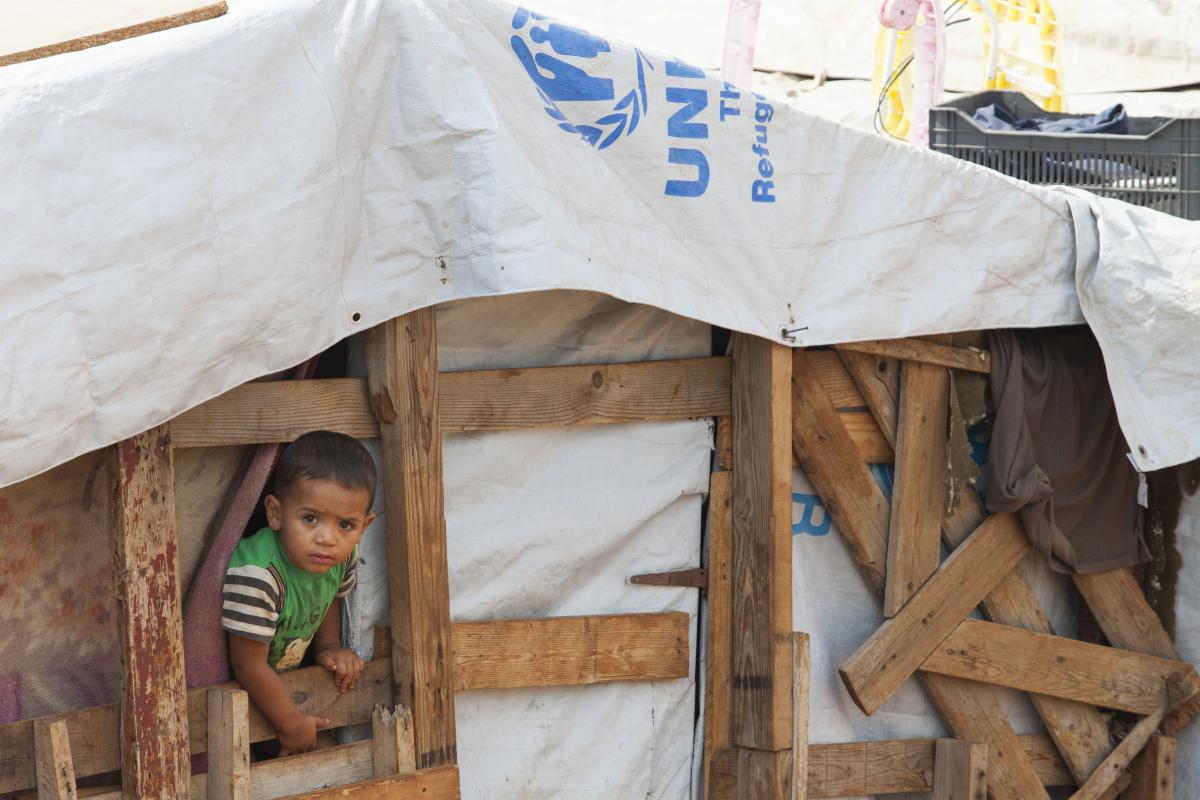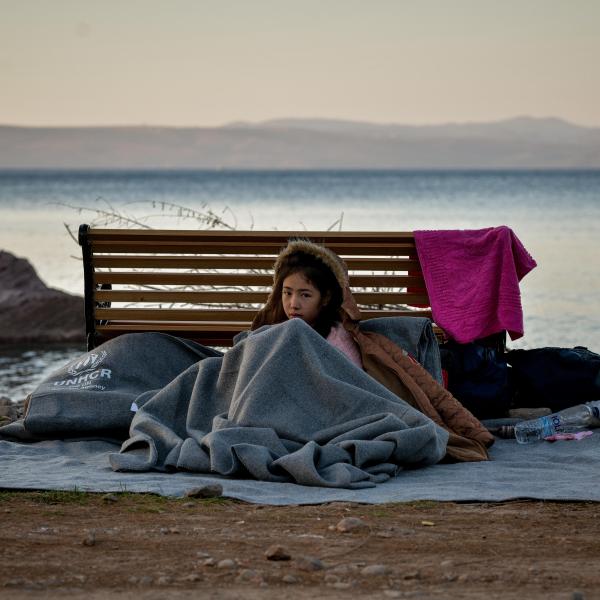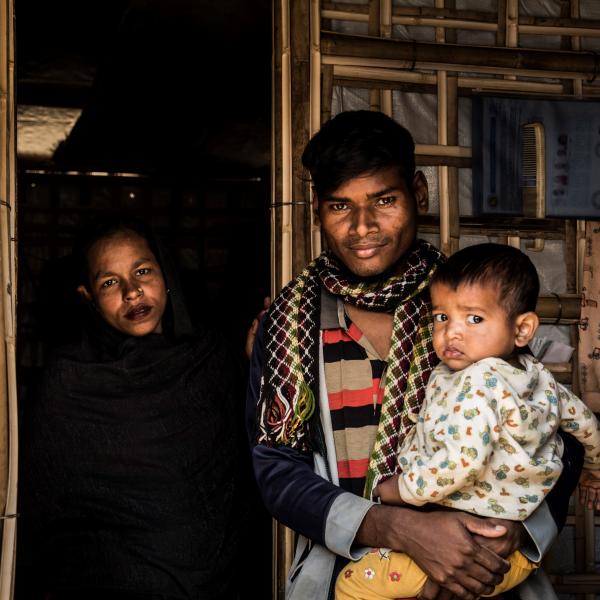Every human being has the right to live without fear of persecution and discrimination.
Every day, hundreds of thousands of men, women, and children are forced to flee their homes, young and old, sick and healthy, mothers and fathers, sons and daughters alike.
International law on the status of refugees determines who needs international protection, and what minimum rights must be upheld for refugees. At UNHCR, our role is to protect and safeguard the rights of refugees, internally displaced and stateless people wherever they are.

UNHCR seeks to ensure that the human rights of uprooted or stateless people are respected in their countries of asylum, and makes sure that refugees are not returned against their will to a country where they may face persecution.
UNHCR also works to provide legal and physical protection to the many refugees who are at risk of violence, even in countries of asylum, with a particular focus on protecting vulnerable groups such as women, teenagers, children, and members of the LGBTQI+ communities.
UNHCR also provides:
- Research support on new laws and regulations affecting persons of concern
- Technical and financial support to law schools, government agencies (including the police and military), and other organizations that provide courses on refugee law
- Support to human rights and refugee advocacy groups, legal aid centres and non-governmental organizations with an interest in refugee protection.


Ending statelessness
Currently, millions of people around the world have been deprived of their nationality. They are told that they have no nationality, no citizenship. They are denied access to education, health care and legal employment. They cannot open a bank account, buy a house, or even get married. UNHCR has a mandate to identify stateless people, protect their rights, and launched the Global Alliance to End Statelessness in 2024, following its #IBelong campaign.
Indeed, UNHCR launched the #IBelong campaign in November 2014 to support governments around the world, in partnership with civil society and stateless people, in order to end statelessness. To do so, UNHCR works with international organizations, NGOs, governments and civil society to, among other things, analyse gaps in legislation, assess possible solutions, protect the rights of stateless people, and ensure that they are recognized.